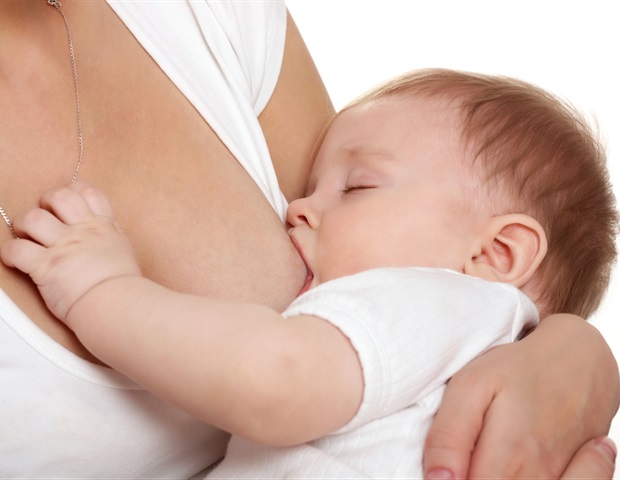Being nursed by a single parent could be an evolutionary strategy to curb the spread of harmful microbes in mammals, according to a novel theory developed by mathematicians. The rainforests of Malaysia are home to the only known case of a wild male mammal that produces milk. The Dayak fruit bat is a vanishingly rare case of male milk production, despite the fact that the potential for breastfeeding remains in place in most male mammals.
In the 1970s, evolutionary theorists posited that the near absence of lactation in males, even though offspring could benefit from the extra nutrition provided, could be attributed to the uncertainty of paternity: As male mammals can't be sure they are the biological father, this reduces their evolutionary drive to invest heavily in offspring care, including breastfeeding. Now, mathematicians from the University of York have suggested a complementary perspective. Their hypothesis, published in Nature Communications , suggests that the reason male mammals don't breastfeed might be driven by the rich community of microbes that lives in breast milk and which plays an important part in establishing the gut microbiome of the infant.

The theory demonstrates how the transmission of the milk microbiome from both parents would allow harmful microbes to spread through mammalian populations. Maternal-only lactation stops this as restricting transmission of the milk microbiome to females in effect acts as a sieve, retaining just the microbes with benefici.























